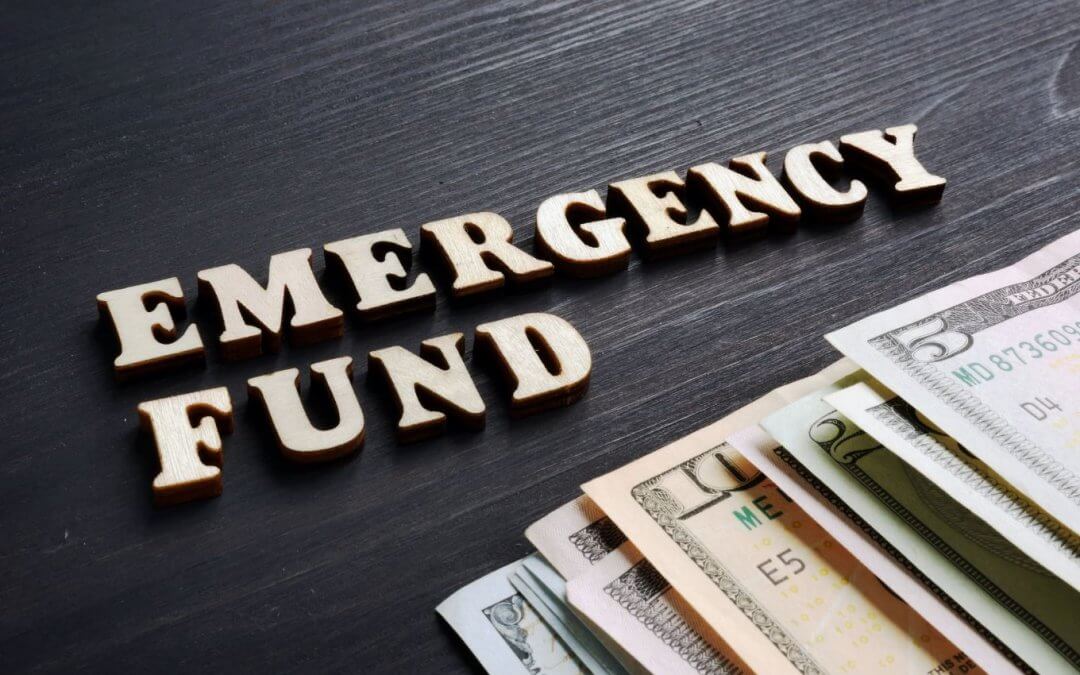Having an emergency fund can save you from having to borrow money or use credit cards if an unexpected expense arises. But according to the Federal Reserve, four out of 10 Americans do not have the savings to cover a $400 emergency. Another study from the First National Bank of Omaha says 23% of Americans save nothing from their monthly paycheck. Here are a few ways you can build your emergency funds so you’re prepared for whatever life brings your way.
Set a budget and write it down
Seeing how you are spending your money will help you determine where you can cut expenses and reroute some cash into a saving account. For example, many first-time budgeters discover that too much of their money is being used to eat meals in restaurants. You may find you are spending too much money on gifts. These things are not bad in and of themselves, but they can hurt your budget.
Make sure the budget includes all of your actual expenses. Don’t forget what you will spend on things like medications, gas for your car and new clothing. Basically, any regular monthly outgo needs to be in your budget.
Check your subscriptions
Do you need every streaming television service or do you really just watch one on a regular basis? How many music channel subscriptions are you paying every month? Cutting out a single $10 or $20 monthly subscription can save you an additional $120 or $240 a year.
Save on your utility bills
Keep an eye on your utility bills throughout the year. Are they higher in some months? Many utility companies offer “budget billing.” The company takes your average monthly bill (determined by the prior 12 months) and divides it by 12. You will pay the same amount every month and avoid surprise high utility bills at times of peak usage. Some companies use the last month as a settlement period during which they assess your actual annual usage. If you’ve made a conscious effort to throttle your consumption, you may receive a credit on your account at the end of the billing cycle — or you may be asked to pay for any additional usage, either in a lump sum payment or as part of your next 12 months’ worth of budget billing.
Telephone, internet and cable
Many people watch television through streaming services on their phones or computers, which costs a fraction of traditional cable. You can bundle your telephone, internet and cable costs with some companies. Be careful though. You may have a great deal, but it probably has an expiration date. Don’t be surprised by a huge bill when prices jump to market rate a year or two later.
When purchasing a smartphone, buy the phone to avoid paying for it on your monthly bill. And shop around for the best price. Mobile phone companies are extremely competitive and offer great deals, especially if you have multiple lines on your account.
Counting coins
Many people use paper money sparingly today, so the old-fashioned piggy bank may not yield the savings it once did. But there is another way you can bank your change. Simply round up the amount you spend to the nearest dollar. For example, your grocery total comes to $100.88. When accounting for that round the total to $101.00. Those little amounts will add up!
Eat out less (eat in more!)
Americans love to dine out — whether it is at a trendy new restaurant or a fast food burger joint. Keep your dining costs down by only going out on special occasions or restrict it to just once a week. Check your mailbox and search online for coupons. Many restaurants also have apps that offer free food and savings to subscribers.
Keep it in mind that you can make a meal at home for a fraction of what you pay at a restaurant. You can save even more on your grocery bill by using coupons and online savings apps. Be sure, though, that you actually need the groceries you are purchasing and that you’re not just buying them because you have a discount.
Set aside savings as a “bill payment”
One of the best ways to save money is to automatically direct a certain amount of money to your account every month. This can be a percentage of your paycheck or a set amount. It’s like paying yourself monthly just like you pay a utility bill or car loan. Talk to your representative at First United Bank & Trust about the best savings account for you.


